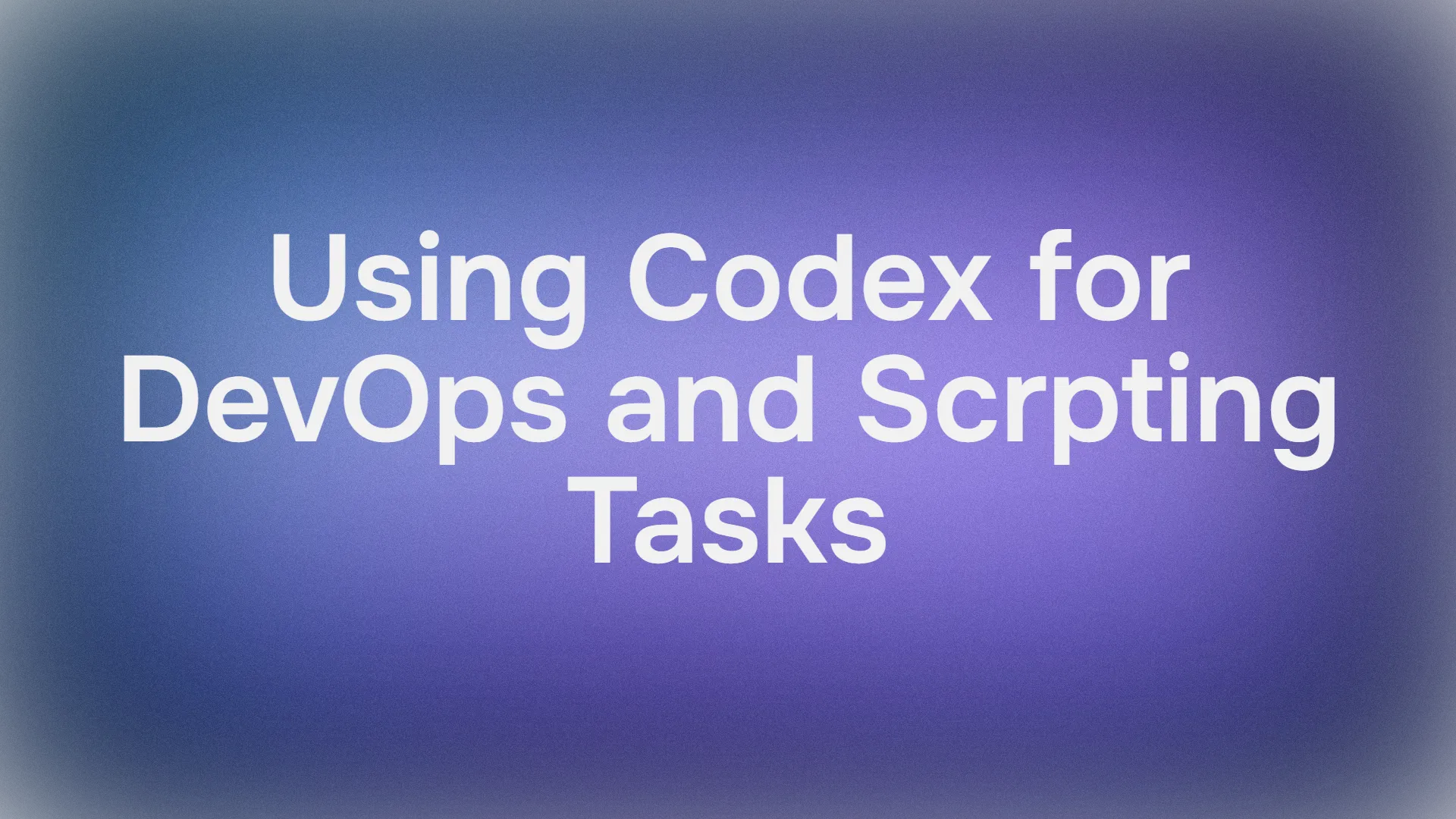The role of an API gateway is paramount. It acts as the central nervous system for managing, securing, and scaling API traffic. Kong, a dominant player in this space, offers a powerful and flexible solution. However, understanding its pricing structure and how it stacks up against the competition is crucial for any organization looking to make an informed decision. This comprehensive article delves into the intricacies of Kong's pricing and explores the top eight alternatives, offering a detailed comparison to guide your choice.
Want an integrated, All-in-One platform for your Developer Team to work together with maximum productivity?
Apidog delivers all your demans, and replaces Postman at a much more affordable price!
Deconstructing Kong's Pricing: A Multi-Tiered Approach
Kong's pricing strategy is designed to cater to a wide spectrum of users, from individual developers to large enterprises. It revolves around three primary offerings: Kong Gateway (Open Source), Kong Konnect (Cloud-Native Platform), and Kong Enterprise.
1. Kong Gateway (Open Source): The Power of Free
At its core, Kong Gateway is an open-source project, meaning it is free to download, use, and customize. This makes it an attractive option for startups and teams with the technical expertise to manage their own infrastructure. The open-source version provides fundamental API gateway functionalities, including:
- Request and Response Transformations: Modify headers, bodies, and other aspects of incoming and outgoing traffic.
- Authentication and Authorization: Secure your APIs with plugins for basic authentication, API keys, JWTs, and more.
- Rate Limiting: Protect your upstream services from traffic spikes and abuse.
- Load Balancing: Distribute traffic across multiple backend services.
- Logging: Integrate with various logging solutions for observability.
While the open-source version is powerful, it's important to remember that the total cost of ownership extends beyond the software itself. You are responsible for deploying, managing, and scaling the gateway, which requires infrastructure and operational resources.
2. Kong Konnect: The Managed Cloud Experience
For those who prefer a managed solution, Kong Konnect offers a cloud-native platform that simplifies the deployment and management of Kong Gateway. Konnect's pricing is usage-based and multi-dimensional, offering a flexible but potentially complex model. It typically includes the following components:
- Free Tier: Konnect provides a generous free tier that is ideal for small projects and individual developers. This tier usually includes a limited number of services and API requests per month.
- Pay-As-You-Go: As your usage grows, you move into a pay-as-you-go model. The costs are broken down into several metrics:
- Services: A monthly fee for each service you manage through Konnect.
- API Requests: A cost per million API requests.
- Gateway Runtimes: Charges for the underlying infrastructure running your gateway instances.
- Advanced Features: Add-ons for features like the Developer Portal, enhanced analytics, and advanced security plugins often incur additional costs.
This granular pricing allows you to scale your costs with your API traffic. However, it can also make it challenging to predict monthly expenses, especially for applications with fluctuating usage patterns.
3. Kong Enterprise: For Mission-Critical Deployments
Kong Enterprise is the on-premises, self-managed offering designed for large organizations with stringent security, performance, and support requirements. Its pricing is not publicly available and is typically customized based on a variety of factors, including:
- Number of Nodes or Cores: The pricing is often tied to the size of your deployment.
- Support Level: Different tiers of support (e.g., 24/7, dedicated account manager) will impact the cost.
- Advanced Features: Enterprise-grade features like the Immunity security platform, advanced RBAC (Role-Based Access Control), and dedicated onboarding and training are included in the package.
Kong Enterprise provides the ultimate in control and customization but comes with a significant price tag, making it suitable for well-established businesses with mission-critical API infrastructure.
The Contenders: Top 8 Alternatives to Kong
The API gateway market is vibrant and competitive. Here are eight of the top alternatives to Kong, each with its own unique strengths and pricing models.
1. Tyk: The Open Source API Gateway with a User-Friendly Approach
Tyk is another popular open-source API gateway that has gained significant traction. It offers a clean and intuitive dashboard and a focus on ease of use.
Pricing Model: Tyk also follows a freemium model. Its open-source gateway is free to use. For managed services and enterprise features, Tyk offers several paid tiers with clear, publicly available pricing. These plans are typically based on the number of nodes, API traffic volume, and included features like a developer portal and advanced analytics. This transparency in pricing is a key differentiator from Kong's often more opaque enterprise pricing.
Comparison to Kong: Tyk positions itself as a more user-friendly and cost-effective alternative to Kong, particularly for teams that value a straightforward setup and predictable pricing. While Kong may offer a wider range of plugins in its ecosystem, Tyk provides a solid set of core features and a more approachable learning curve.
2. Apigee (Google Cloud): The Enterprise-Grade Powerhouse
Apigee, now part of Google Cloud, is a comprehensive API management platform trusted by large enterprises.
Pricing Model: Apigee's pricing is primarily targeted at the enterprise market and is based on a combination of factors, including the number of API calls, environments, and add-on features. They offer a free trial and a "Pay-as-you-go" option for smaller workloads, but their main offerings are subscription-based with custom pricing. This model can be complex and expensive, especially for smaller organizations.
Comparison to Kong: Apigee offers a more all-in-one, feature-rich platform with deep integration into the Google Cloud ecosystem. While Kong is known for its high performance and extensibility through plugins, Apigee excels in areas like API monetization, advanced analytics, and out-of-the-box security features. The choice often comes down to the scale of your operations and your existing cloud provider.
3. Gravitee: The Event-Native API Management Platform
Gravitee stands out with its focus on managing not just traditional REST APIs but also event-driven and asynchronous APIs.
Pricing Model: Gravitee has a strong open-source foundation. Their commercial offerings are designed to be simple and predictable. They typically offer a fixed monthly price per gateway, with unlimited APIs and users. This straightforward pricing can be a breath of fresh air for businesses tired of complex, usage-based models.
Comparison to Kong: Gravitee's key advantage is its native support for asynchronous protocols like WebSockets and MQTT, making it an ideal choice for IoT and real-time applications. While Kong can handle these protocols, Gravitee is designed from the ground up for an event-driven world. Its simpler pricing model can also be more attractive to budget-conscious organizations.
4. API7 (Apache APISIX): The High-Performance, Cloud-Native Contender
API7 is the commercial company behind the popular open-source API gateway, Apache APISIX. APISIX is known for its exceptional performance and dynamic, real-time configuration updates.
Pricing Model: API7 offers a cloud-based managed service with a pricing model that is often more competitive than Kong Konnect. They typically charge per million API requests and per service, with a focus on providing cost-effective solutions for high-traffic applications.
Comparison to Kong: Apache APISIX, the core of API7's offering, is often benchmarked as being faster than Kong. Its dynamic nature, where changes are applied without reloads, is a significant operational advantage. For performance-critical applications, API7 and Apache APISIX present a compelling alternative to Kong.
5. Zuplo: The Programmable, Edge-Native API Gateway
Zuplo is a newer entrant in the API gateway space, focusing on a developer-centric, programmable experience. It allows you to write custom logic in TypeScript and deploy it to the edge for low-latency performance.
Pricing Model: Zuplo offers a very transparent and developer-friendly pricing model. It includes a generous free tier for personal projects and several paid plans that scale with your usage, primarily based on the number of requests and data transfer. The pricing is clear and easy to understand, with no hidden costs.
Comparison to Kong: Zuplo's main differentiator is its programmability and edge-native architecture. It's an excellent choice for developers who want fine-grained control over their API logic and want to leverage the benefits of edge computing. While Kong offers a plugin architecture, Zuplo's native TypeScript support provides a more integrated and modern development experience.
6. WSO2 API Manager: The Comprehensive Open Source Platform
WSO2 API Manager is a mature and feature-rich open-source API management platform that offers a complete lifecycle management solution.
Pricing Model: WSO2 provides a fully open-source version that is free to use. For enterprise customers, they offer commercial support and additional features through a subscription model. The pricing is typically customized based on the level of support and the specific components of the platform you are using.
Comparison to Kong: WSO2 offers a more holistic platform that includes features like API monetization, a developer portal, and robust analytics out of the box in its open-source offering. Kong's open-source version is more of a lightweight gateway, with many of these features available in its paid tiers. The choice depends on whether you need a comprehensive platform from the start or a more modular, extensible gateway.
7. KrakenD: The High-Performance, Stateless API Gateway
KrakenD is a stateless, high-performance open-source API gateway that focuses on being a pure gateway, aggregating and transforming data from multiple microservices.
Pricing Model: KrakenD is entirely open-source and free to use. The cost associated with KrakenD is primarily the infrastructure you run it on. They offer an enterprise version with commercial support and additional features, with pricing available upon request.
Comparison to Kong: KrakenD's core strength is its performance and its ability to act as a Backend for Frontend (BFF) aggregator. It's designed to be incredibly fast and efficient at combining data from multiple sources into a single API response. While Kong can also perform these actions, KrakenD is purpose-built for this use case and often excels in performance.
8. Gloo Edge: The Envoy-Powered, Kubernetes-Native API Gateway
Gloo Edge is an API gateway built on top of the popular Envoy proxy. It is designed to be Kubernetes-native and is a strong choice for organizations that have standardized on Kubernetes for their infrastructure.
Pricing Model: Gloo Edge has an open-source version with a good set of core features. Solo.io, the company behind Gloo Edge, offers an enterprise version with advanced features like a developer portal, advanced rate limiting, and enterprise support. The pricing for the enterprise version is customized.
Comparison to Kong: Gloo Edge's tight integration with Kubernetes and the Envoy ecosystem is its primary advantage. For teams that are already invested in these technologies, Gloo Edge can provide a more seamless and native experience. Kong also has strong Kubernetes support, but Gloo Edge's design is more fundamentally tied to the Kubernetes and Envoy way of doing things.
Conclusion: Making the Right Choice for Your API Strategy
Choosing the right API gateway is a critical decision that will have a long-term impact on your development velocity, operational efficiency, and overall cost of ownership. Kong remains a powerful and popular choice, offering a flexible platform that can scale from small projects to massive enterprise deployments. However, its pricing, especially for the managed and enterprise tiers, can be a significant factor.
The alternatives presented here offer a diverse range of options, from the user-friendly and transparently priced Tyk and Zuplo to the enterprise-grade power of Apigee and the high-performance focus of API7 and KrakenD. Ultimately, the best choice will depend on your specific needs, your technical expertise, your budget, and your long-term API strategy. By carefully evaluating Kong's pricing and comparing it with these top contenders, you can select the API gateway that will best empower you to build, manage, and scale your APIs with confidence.
Want an integrated, All-in-One platform for your Developer Team to work together with maximum productivity?
Apidog delivers all your demans, and replaces Postman at a much more affordable price!



